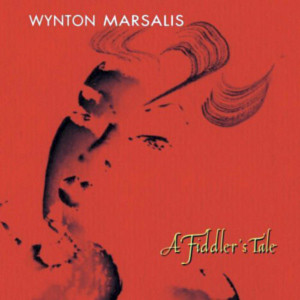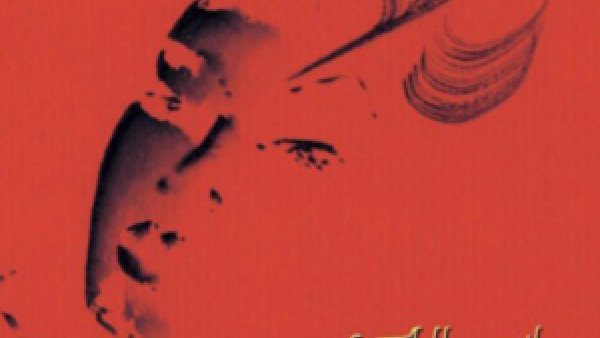Devilishly Entertaining
Igor Stravinsky’s “L’Histoire du Soldat” (“The Soldier’s Tale”) endures as one of the most haunting works in the 20th Century chamber repertory for at least two reasons.
First, its startling dissonance and brittle instrumental writing sum up radical musical ideas that were emerging during the years of World War I (Stravinsky completed the piece in 1918). Second, its storyline—which traces the devil’s seductions and the consequences his victims must face—clearly holds universal appeal.
There may be no greater tribute to the sustained power of Stravinsky’s work, though, than the exquisite new piece composer-trumpeter Wynton Marsalis has written in response to it. Heard in its Chicago premiere Monday evening in Orchestra Hall, Marsalis’ “The Fiddler’s Tale” does more than just update the original or rewrite it in jazz vernacular.
Rather, Marsalis has created a fundamentally new composition, though one that draws inspiration from particular melodic intervals, rhythmic motifs and narrative ideas used in the original.
So listeners who expected that Marsalis’ new work would bear the same relation to Stravinsky’s “L’Histoire” as, say, Duke Ellington’s hot-jazz “Nutcracker Suite” has to Tchaikovsky’s ballet score, must have been startled by what they heard. This was not “L’Histoire” swung but, instead, a more idiosyncratic piece that straddles the worlds of classical and jazz just as Stravinsky’s original does.
The result is an intriguing composition that evokes the flavor of pre-1920s Stravinsky but also overflows with a fervent melodicism and a blues-tinged sensibility that have turned up in most of Marsalis’ major compositions. The wonder of Marsalis’ “The Fiddler’s Tale,” in fact, is how closely he manages to suggest Stravinsky while preserving a voice of his own.
To most listeners, the most obvious distinction of Marsalis’ version—which was performed by members of the Chamber Music Society of Lincoln Center (plus Marsalis on trumpet)—is the wickedly satiric narration penned by Stanley Crouch. The devil in this instance is a record producer intent on corrupting a musician’s soul and doing so with palpable glee.
Beyond Crouch’s amusing libretto and actor Andre De Shields’ deliciously evil interpretation, Marsalis’ score stands as the most economical, controlled and understated work he has written to date.
For those who resist the grandeur of “Blood on the Fields” (1997), the rhetorical flourishes of “In This House/On This Morning” (1994) and the incantatory fervor of “The Majesty of the Blues” (1989), “The Fiddler’s Tale” should prove alluring.
It’s a work of such undiluted power, in fact, that it could well enter the standard repertory, performed alongside Stravinsky’s original, just as it was in Orchestra Hall—to richly deserved ovations.
by Howard Reich
Source: Chicago Tribune


